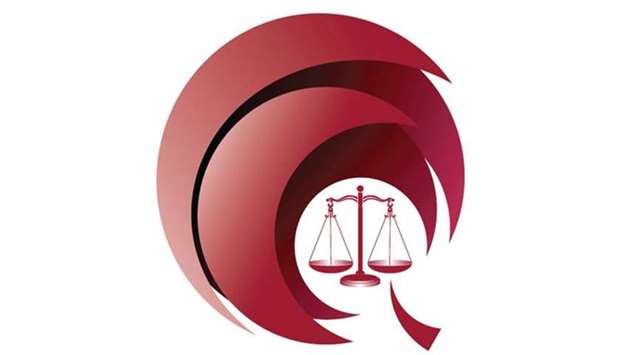The Qatar International Centre for Conciliation and Arbitration (Qicca) has produced 145 arbitrators, 85 of which are Qataris, since the beginning of its ‘Qualification and Preparation of the Arbitrators Programme.
All of its graduates were included in the list of arbitrators registered with Qicca for settlement of commercial disputes, it was announced in a statement Monday.
Qicca assistant secretary-general Ibrahim Shahbik said Qicca organises, in co-operation with the Centre for Continuing Education at Qatar University, two annual editions of the qualification programme to provide the opportunity for the largest number of participants to join the programme.
This is essential, especially with the growing interest in commercial arbitration, which is one of the most important ways to settle disputes arising from commercial contracts, and one of the tools for measuring the quality of the investment climate in countries, Qicca said.
Qicca also announced the launch of the introductory phase of the ‘Qualification and Preparation of the Arbitrators Programme’ on Sunday titled ‘Concept and Legal Nature of Commercial Arbitration’, in an effort to prepare and train Qatari cadres in the field of arbitration, its nature and types, and the development of arbitration legal thought.
The introductory phase of the programme aims to inform the trainees of the concept and types of arbitration and systems similar to arbitration, and types and legal nature of arbitration, as well as to provide them with the requirements of arbitration litigation.
The various stages of the programme aim to provide the participants with an idea of commercial arbitration and its various applications, and the procedures for managing the arbitration proceedings between the claimant and the respondent, as well as how to formulate the arbitration rule and its main elements, and implement the arbitration rule and the reasons for its invalidity.
The programme targets lawyers and legal advisers, legal and administrative leaders in the public and private sector companies, legal departments, ministries and government institutions, banks and financial institutions, as well as heads and members of boards and directors of companies, business owners, contractors and commercial agents, arbitrators and experts in the field of commercial disputes, engineers, accountants, and lawyers under training and law students.
Qicca assistant secretary-general Ibrahim Shahbik said Qicca organises, in co-operation with the Centre for Continuing Education at Qatar University, two annual editions of the qualification programme to provide the opportunity for the largest number of participants to join the programme.
This is essential, especially with the growing interest in commercial arbitration, which is one of the most important ways to settle disputes arising from commercial contracts, and one of the tools for measuring the quality of the investment climate in countries, Qicca said.
Qicca also announced the launch of the introductory phase of the ‘Qualification and Preparation of the Arbitrators Programme’ on Sunday titled ‘Concept and Legal Nature of Commercial Arbitration’, in an effort to prepare and train Qatari cadres in the field of arbitration, its nature and types, and the development of arbitration legal thought.
The introductory phase of the programme aims to inform the trainees of the concept and types of arbitration and systems similar to arbitration, and types and legal nature of arbitration, as well as to provide them with the requirements of arbitration litigation.
The various stages of the programme aim to provide the participants with an idea of commercial arbitration and its various applications, and the procedures for managing the arbitration proceedings between the claimant and the respondent, as well as how to formulate the arbitration rule and its main elements, and implement the arbitration rule and the reasons for its invalidity.
The programme targets lawyers and legal advisers, legal and administrative leaders in the public and private sector companies, legal departments, ministries and government institutions, banks and financial institutions, as well as heads and members of boards and directors of companies, business owners, contractors and commercial agents, arbitrators and experts in the field of commercial disputes, engineers, accountants, and lawyers under training and law students.

